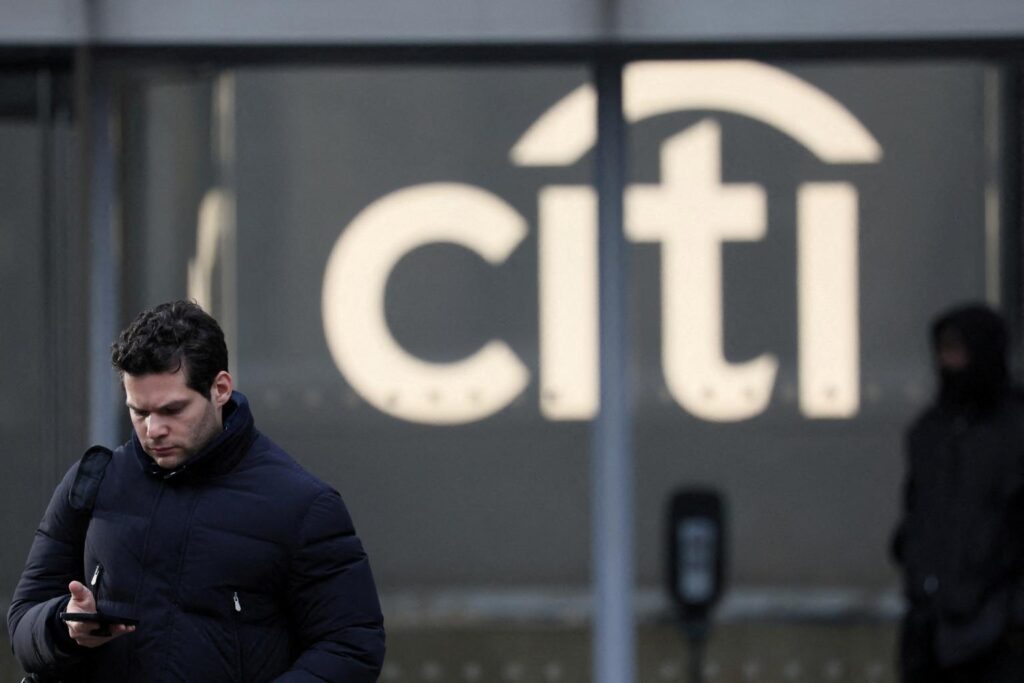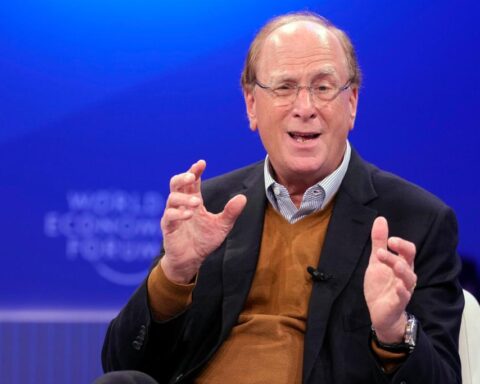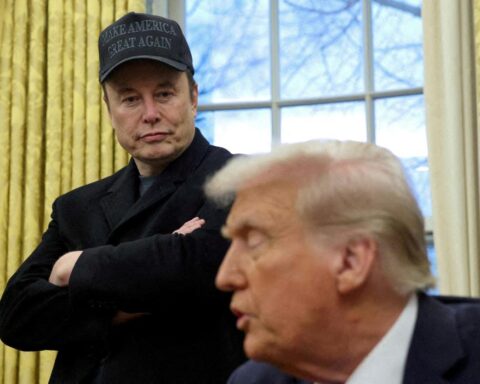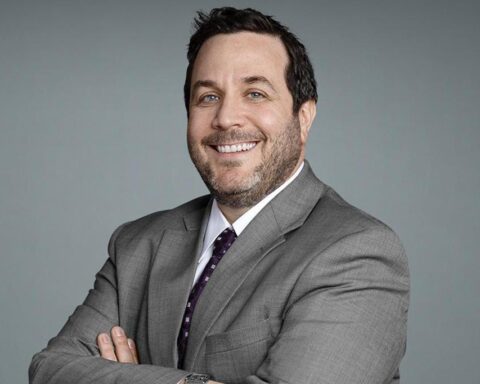Citigroup announces significant shifts in its diversity strategy, eliminating aspirational DEI targets and rebranding its team as it adapts to a new corporate landscape under President Trump.
Citigroup has taken a bold step in reshaping its diversity, equity, and inclusion (DEI) strategy, with CEO Jane Fraser announcing in a memo Thursday that the bank would no longer require a diverse slate of candidates for job interviews. This major policy shift signals a broader trend in corporate America, as companies adjust to the changing political and business climate under President Donald Trump’s administration.
As part of the overhaul, Citigroup will also cease setting “aspirational representation goals,” unless required by local law. This marks a significant departure from the company’s previous DEI-focused targets, which had been in place to promote greater diversity across its workforce. In addition, the bank will be renaming its “Diversity, Equity, and Inclusion and Talent Management” team to the more streamlined “Talent Management and Engagement” department.
Fraser emphasized that despite these changes, Citigroup will continue to prioritize diversity within its hiring decisions. The CEO noted that “best practices” in recruitment still call for a variety of perspectives to be considered, but the move reflects a shift away from formalized, aspirational diversity goals in the face of evolving business pressures.

Citigroup’s decision aligns with broader trends among major financial institutions and corporations grappling with the growing influence of conservative policies that seek to scale back or reframe DEI initiatives. Earlier this month, Goldman Sachs similarly discontinued a four-year-old policy that required public companies to have at least two diverse board members. JPMorgan Chase has also faced scrutiny for its diversity programs, with the bank signaling that it expects to encounter some backlash over its ongoing DEI practices.
While Wall Street and other sectors have long dealt with challenges related to diversity and inclusion, the landscape has become more complicated under the Trump administration. President Trump’s administration made attempts to dismantle DEI programs in both the public and private sectors, with companies now reassessing the role these policies play in the modern business environment. This new climate has led to a wave of changes across industries, with many major companies rethinking or adjusting their diversity commitments.
Citigroup’s shift in policy follows similar moves by other industry giants such as General Motors and Boeing, which have also taken steps to minimize the emphasis on diversity and inclusion. However, Fraser has stressed that Citigroup remains committed to fostering an inclusive environment and will continue to value diversity in decision-making processes, even if aspirational goals are no longer set as part of their official strategy.
As corporate America navigates a rapidly changing environment, it remains to be seen how these shifts will influence diversity efforts in the workplace and whether other major companies will follow suit in reevaluating their own DEI programs.















